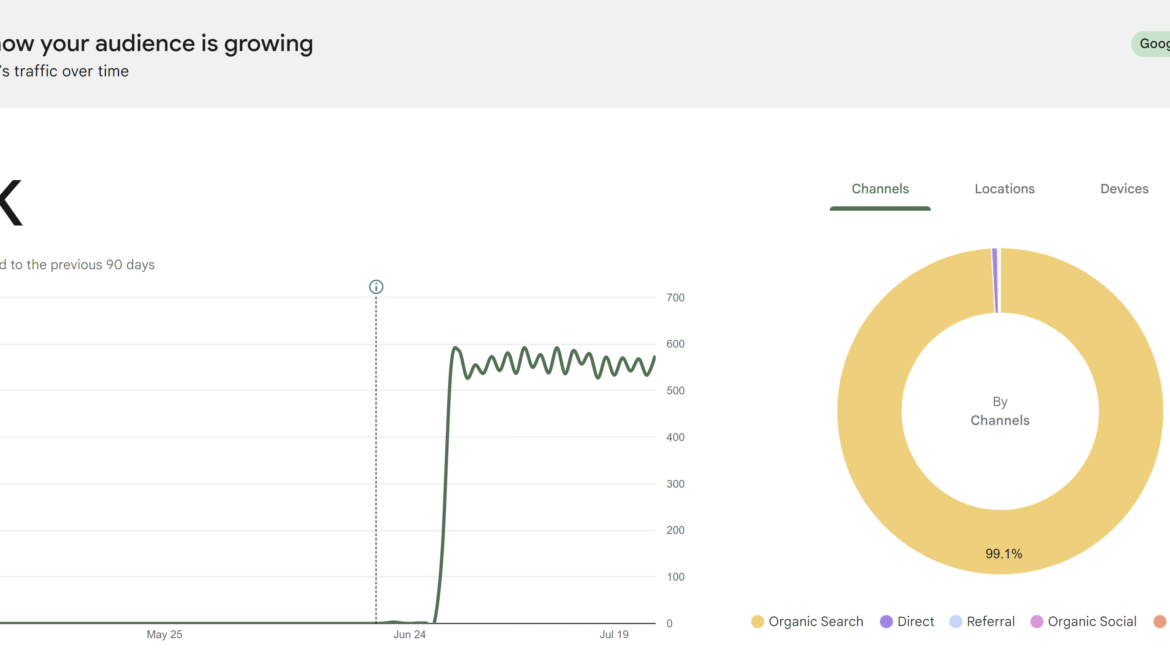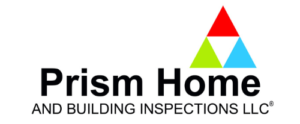
Dominating SEO: Unleash Your Website’s Full Potential
In today’s digital landscape, where online presence can make or break a business, mastering Search Engine Optimization (SEO) is no longer a choice; it’s a necessity, and NO, SEO is not dead. In fact, SEO is the only thing you control as a business. It is the only aspect that you can ensure will continue to work for you. Dominating SEO. Unleash your website’s full potential is critical. Search engine algorithms are evolving at lightning speed, making it imperative for businesses to stay ahead of the curve. In this article, we’ll delve into the world of advanced SEO tactics, with a focus on the power of long-tail keywords. As a branding and web design expert with over two decades of experience, I’ve seen the transformational impact that advanced SEO strategies can have on a website’s performance. So, let’s dive in and unlock the full potential of your website’s Your Website’s Full Potential.
Understanding Advanced SEO Tactics
When it comes to SEO, moving beyond the basics is the key to standing out in the crowded online arena. Advanced SEO tactics involve a deeper understanding of search engine algorithms, user behavior, and emerging trends. At the heart of these strategies lies the concept of long-tail keywords, which can catapult your website’s visibility and engagement to new heights.
Long-Tail Keywords: The Cornerstone of Advanced SEO
Long-tail keywords are the unsung heroes of SEO. These are longer, more specific keyword phrases that target a niche audience. Imagine you’re a local bakery. While a basic keyword might be “bakery,” a long-tail keyword could be “gluten-free cupcakes in [your city].” These phrases may have lower search volume, but they often have higher conversion rates due to their specific nature. For instance, one of our clients, a boutique bookstore, saw a remarkable 30% increase in conversions after optimizing for long-tail keywords related to their unique book collection.
Comprehensive Keyword Research
Before you start optimizing for long-tail keywords, comprehensive keyword research is a must. Utilize tools like Google Keyword Planner, SEMrush, or Ahrefs to identify relevant long-tail keywords within your niche. Analyze their search volume, competition, and trends to make informed decisions. Additionally, keep an eye out for emerging trends and evergreen long-tail keywords that maintain relevance over time. This research phase serves as the foundation of your SEO strategy.
On-Page Optimization for Long-Tail Keywords
Now that you have your long-tail keywords, it’s time to create compelling, user-focused content around them. Craft blog posts, product descriptions, or landing pages that address the specific needs of your target audience. Incorporate long-tail keywords naturally into your titles, headings, and meta descriptions. As a personal anecdote, a client in the eco-friendly fashion industry saw a 25% increase in organic traffic after optimizing their product pages for eco-conscious keywords.
Building Authority Through Content
Long-tail keyword optimization doesn’t end with on-page content. To truly dominate SEO, focus on creating authoritative content that establishes your expertise in your field. Dive deep into niche topics, providing valuable insights that can’t be found elsewhere. Remember, quality is paramount; the days of shallow, keyword-stuffed articles are long gone. I’ve seen firsthand how a well-researched, multimedia-rich blog post not only attracted more backlinks but also elevated a client’s website to a coveted position on the first page of search results.
Technical SEO for Long-Tail Success
Your website’s technical aspects play a crucial role in advanced SEO. Optimizing site speed and ensuring mobile-friendliness are paramount. Implement schema markup to enhance your website’s appearance in search results, making it more visually appealing and informative. Additionally, address crawl errors and broken links promptly to provide a seamless user experience. One client’s website, plagued by slow loading times, experienced a 40% reduction in bounce rates after implementing technical optimizations.
User Experience and Dwell Time
In the eyes of search engines, user experience (UX) is a major ranking factor. Websites that provide a smooth, engaging experience tend to rank higher. Ensure your website’s navigation is intuitive, and your content is easy to read. This not only improves your SEO but also keeps visitors on your site longer. Dwell time, the amount of time a user spends on a page, is an indicator of content quality. By improving UX and dwell time, one of our e-commerce clients witnessed a remarkable 15% increase in organic search traffic.
Local SEO and Long-Tail Keywords
For businesses with a local presence, combining long-tail keywords with local SEO is a game-changer. Tailor your long-tail keywords to include location-specific terms. Utilize Google My Business to appear in local search results and encourage customer reviews, which can significantly impact local search rankings. A client running a small café saw foot traffic double after optimizing for long-tail keywords like “organic coffee shop in [neighborhood].”
Monitoring, Analyzing, and Adapting
As a seasoned expert, I can’t stress enough the importance of continuous monitoring and analysis. Tools like Google Analytics and Search Console provide valuable insights into your website’s performance. Monitor keyword rankings, organic traffic, and user behavior patterns. Are certain long-tail keywords driving more conversions? Is there a sudden drop in traffic for a particular page? Use these insights to make data-driven adjustments, fine-tuning your long-tail keyword strategies for optimal results.
Staying Ahead in the SEO Game
SEO is a dynamic field, with algorithms and trends constantly evolving. To stay ahead, keep yourself updated on algorithm changes and industry trends. Experiment with new variations of long-tail keywords, adjusting your strategy as user behavior shifts. Furthermore, embrace the synergy between content marketing and advanced SEO. Regularly publish high-quality, relevant content that resonates with your target audience and showcases your expertise.
Conclusion
In the ever-evolving landscape of SEO, mastering advanced tactics and harnessing the power of long-tail keywords can significantly impact your website’s visibility, traffic, and ultimately, your bottom line. As someone who has witnessed the transformative effects of these strategies over my extensive career, I encourage you to dive headfirst into the world of advanced SEO. By implementing comprehensive keyword research, on-page optimization, content authority building, technical enhancements, and local SEO tactics, you’ll be well on your way to dominating search engine rankings and unleashing your website’s full potential.
We offer advanced SEO for corporate clients as well as SEO Consultations for small businesses who are interested in learning how to do it themselves. Please contact Angelique with an overview of your business, goals and current situation or check out our current business packages here.
If you are looking for a plugin for SEO, Yoast used to be our #1 recommendation, having said that we are now recommending more comprehensive (while easy to use) tools like SEO Presser and All in One SEO






